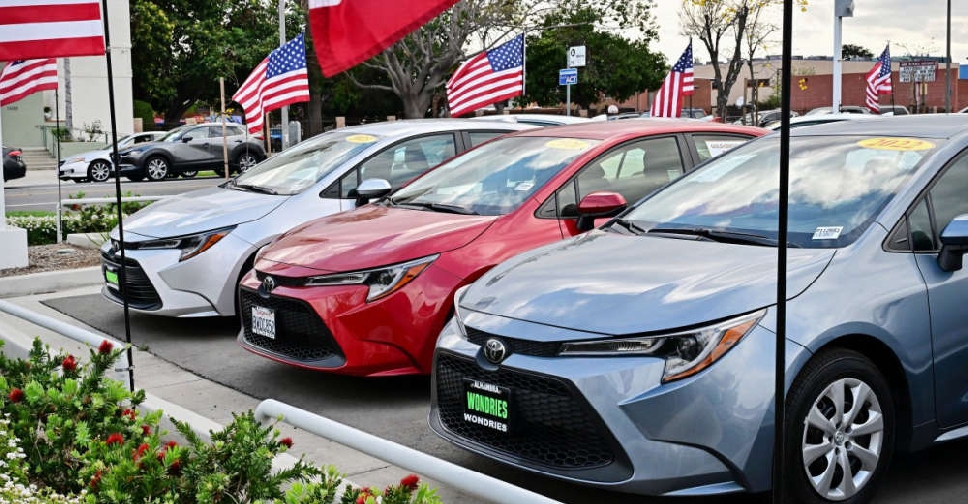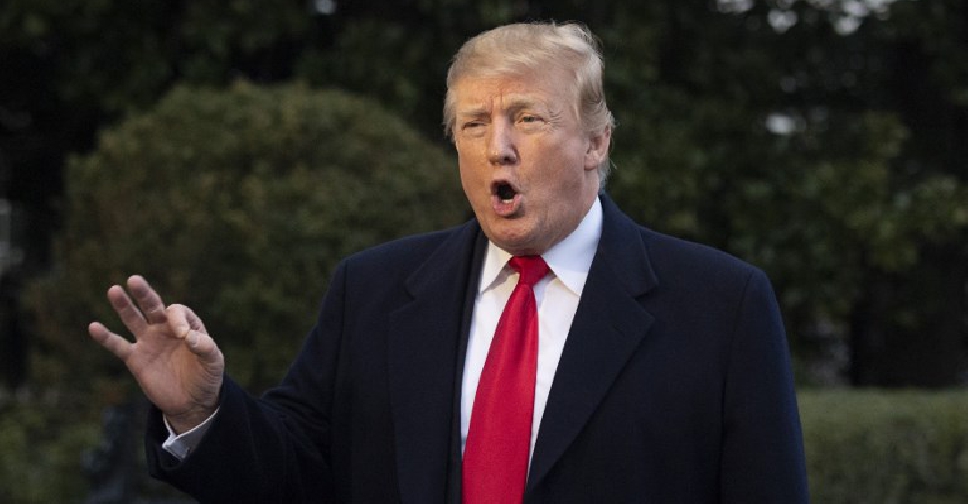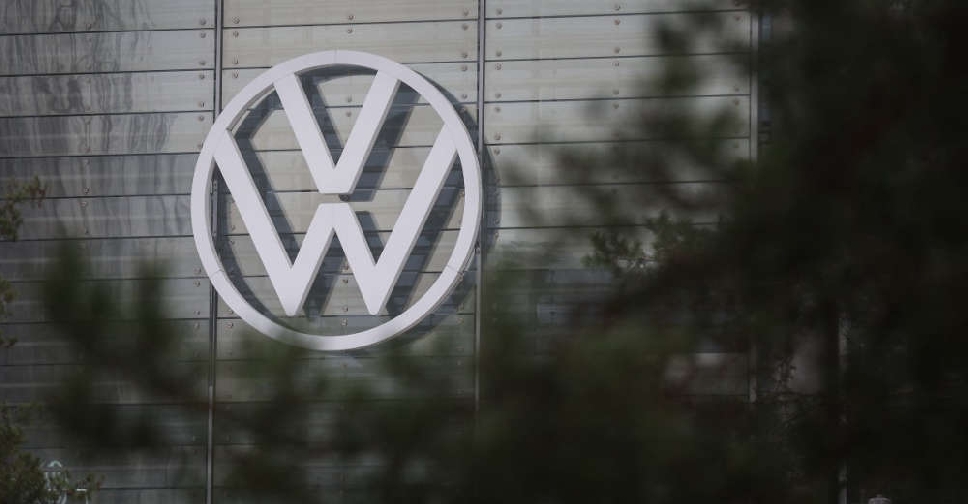
Major automakers can deal with US President Donald Trump's tariffs on US auto imports in a number of ways, but all of them lead to higher prices, fewer choices of models or limits on features for consumers, industry experts said.
Trump announced 25 per cent tariffs on car and auto parts on Wednesday, sending global automakers' shares down and raising fears of job losses in big auto-exporting countries. He says the levies will ultimately boost production in the United States, but analysts say the immediate effect will be on automakers' choices that will hit consumers' wallets.
"Most car makers can't eat 25 per cent, they just can't," said Andy Palmer, former CEO of Aston Martin. "That means car makers will pass on as much of the cost of tariffs as they can," including by removing features to lower their costs while also raising prices.
Automakers may spread that cost between US-produced and imported models, cut back on features, and in some cases, stop selling affordable models aimed at first-time car buyers, as many of those are imported and less attractive if they carry a higher price tag.
The changes could price more Americans out of the market. S&P Global Mobility estimated Thursday that tariffs will cause annual US vehicle sales to fall to a range of 14.5 million to 15 million in coming years from 16 million in 2024. Cox Automotive estimates tariffs will add $3,000 (AED 11,000) to the cost of a US-made vehicle and $6,000 (AED 22,000) to vehicles made in Canada or Mexico without exemptions.
While luxury sellers like Bentley or Ferrari say they will pass on costs, major automakers' typical margins of six per cent to eight per cent leave little wiggle room.
Affordable models most likely to be affected include the Honda CR-V, Chevy Trax, Subaru Forester, Chevy Equinox and Honda HR-V, said Erin Keating, executive analyst at Cox.
"Car makers know they have certain vehicles in their portfolio that can tolerate lower profit margins," Keating said. "Some vehicles may just prove to be too expensive, and most of those are affordable models manufactured outside the US."
After 10 per cent of the car-buying population was priced out of the market during the coronavirus pandemic, affordability still remains high on consumers' minds, Keating said.
"Would tariffs bite into another 10per cent of people who would be priced out?" she said. "Potentially."
US auto dealers currently have plenty of inventory - about 90 days worth - but prices could start to rise after that. In recent weeks, Eric Mann, sales manager at the Szott M-59 Jeep dealership in White Lake, Michigan, 45 minutes northwest of Detroit, noticed more customers purchasing out of fear of higher prices.
Loretta Acosta of Macomb, Michigan, was checking out a Jeep Grand Cherokee at the Szott dealership on Thursday and said it "might stink" if car prices rise because of tariffs. "But I do feel like sometimes stuff stinks, and you got to put up with it for the betterment of the country," Acosta said.
European and Asian car makers, deprived of the largest auto importing market, could cut production. If automakers stop shipping a model to the US, that would translate into lower production at those factories. Lower volumes mean higher costs per vehicle, "which ultimately will be passed on to consumers" in those markets, Palmer said.



 Trump 'couldn't care less' if car makers hike prices due to tariffs
Trump 'couldn't care less' if car makers hike prices due to tariffs
 Musk's social media firm X bought by his AI company, valued at $33 billion
Musk's social media firm X bought by his AI company, valued at $33 billion
 Emaar Development approves AED 2.7 bln dividend for 2024
Emaar Development approves AED 2.7 bln dividend for 2024
 Global auto industry stocks slump as 25% tariff on US imports looms
Global auto industry stocks slump as 25% tariff on US imports looms
 Jafza expands Logistics Park with AED 90m investment
Jafza expands Logistics Park with AED 90m investment







